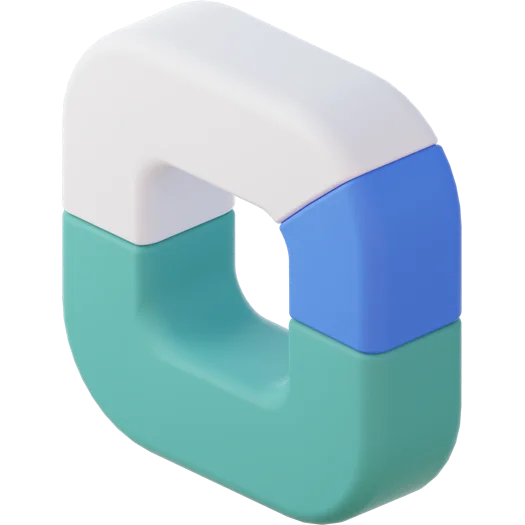Managing projects efficiently requires more than just tracking tasks and deadlines. To deliver successful projects on time and within budget, businesses need a robust Project Management System that offers essential features to streamline processes, improve collaboration, and ensure accountability. Here are the five key features every project management system should have for driving project success.
1. Task Assignment and Prioritization
At the core of every project is a series of tasks that need to be completed by different team members. An effective project management system allows you to assign tasks to specific individuals and prioritize them according to deadlines and importance.
Why task assignment and prioritization matter:
– Clear accountability: Each team member knows their responsibilities, reducing confusion and ensuring tasks are completed by the right people.
– Improved time management: Prioritizing tasks helps teams focus on the most important work first, ensuring that critical deadlines are met.
– Better resource allocation: Task assignment helps managers allocate resources more effectively, ensuring no team member is overburdened or underutilized.
By organizing tasks based on priority, businesses can ensure smoother workflow and faster project completion.
2. Real-Time Progress Tracking
A project management system should allow teams and managers to track progress in real time. Whether it’s monitoring individual tasks or the overall project timeline, real-time tracking helps keep projects on course.
Benefits of real-time progress tracking:
– Immediate updates: Team members can update their progress as they complete tasks, giving everyone a clear view of the project’s current status.
– Avoiding delays: With real-time tracking, managers can quickly identify potential bottlenecks or delays and take corrective action before they escalate.
– Enhanced visibility: A centralized dashboard provides a visual overview of the project’s progress, making it easier for managers to stay informed without constant check-ins.
Tracking progress in real time ensures that projects stay on schedule and that any issues are addressed promptly.
3. Collaboration Tools for Teamwork
Collaboration is key to successful project delivery. A good project management system includes collaboration tools that allow team members to communicate, share files, and work together seamlessly.
How collaboration tools improve project outcomes:
– Centralized communication: Team members can discuss project details, ask questions, and share updates within the platform, keeping all communication in one place.
– File sharing: Teams can upload and share important documents, spreadsheets, and designs, ensuring everyone has access to the latest information.
– Real-time collaboration: Some systems offer real-time document editing and discussion threads, allowing team members to work together more efficiently, regardless of location.
By providing a platform for collaboration, project management systems help teams work together more effectively, reducing miscommunication and ensuring that all team members are aligned.
4. Time and Budget Management
Managing time and budget constraints is one of the biggest challenges in project management. A successful project management system must include time tracking and budget management tools that allow managers to keep projects on time and within budget.
Why time and budget management tools are essential:
– Tracking billable hours: Time tracking allows teams to log their hours, ensuring accurate billing for clients and keeping internal costs in check.
– Budget monitoring: A good system helps managers track project spending against the budget in real time, preventing cost overruns and identifying potential savings.
– Deadline management: Time-tracking tools can help managers set and monitor deadlines for tasks, ensuring that the project stays on schedule.
By managing time and budget more effectively, project management systems ensure that projects are completed within the agreed-upon parameters, leading to satisfied clients and stakeholders.
5. Reporting and Analytics
A successful project management system must include comprehensive reporting and analytics capabilities. These tools provide valuable insights into project performance, helping teams learn from past projects and improve future outcomes.
Benefits of reporting and analytics:
– Performance tracking: Generate reports on team performance, task completion rates, and project milestones to assess how well the team is doing.
– Identifying bottlenecks: Analytics help managers pinpoint areas where projects tend to slow down, allowing them to adjust processes and improve efficiency.
– Historical data: By analyzing data from previous projects, teams can identify trends, avoid common mistakes, and set realistic timelines and budgets for future projects.
With the ability to generate detailed reports, businesses can continuously improve their project management processes and achieve better results over time.
Conclusion: Setting Up for Success with the Right Features
A successful Project Management System offers more than just a place to track tasks. It provides essential features such as task assignment, real-time progress tracking, collaboration tools, time and budget management, and reporting and analytics. These tools help businesses streamline workflows, improve team collaboration, and ensure projects are delivered on time and within budget. By investing in a system with these key features, businesses can set themselves up for long-term project success.



